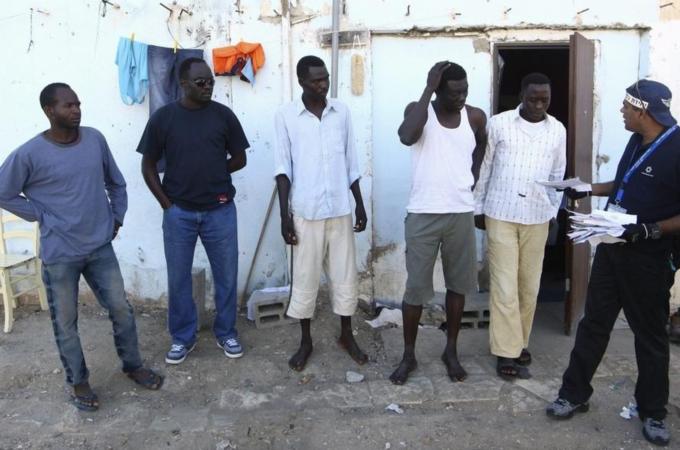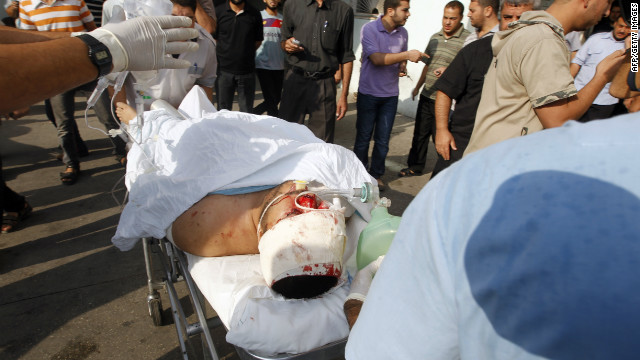By Alexandra Sandacz
Impunity Watch Reporter, Europe
KIEV, Ukraine – Opposition leader and ex-prime minister, Yulia Tymoshenko, announced a hunger strike to protest an alleged rigged voting.

On Sunday, Ukraine’s parliament held their election. President Victor Yanukovych is projected to win; however, international observers are subsequently criticizing the process. On Monday, these particular observers pointed out the flaws in the election process, with the Organization for Security and Cooperation in Europe commenting that the country had taken a “step backwards” on the road to democracy.
Ukrainian President Viktor Yanukovych’s pro-business Party of Regions has 34 percent of votes. However, the United Opposition bloc, who promotes and involves jailed opposition leader and former Prime Minster, Yulia Tymoshenko, is in second place with 22 percent of the vote.
Tymoshenko, who was sentenced to seven years in prison for the abuse of power, has “symbolically” led her party from behind bars. Yanukovych was accused of overpaying Russia in a gas deal, and she was, therefore, not permitted to register as a candidate.
The OSCE believes Tymoshenko’s current imprisonment is the epitome of obstacles that impede the elections in Ukraine. Walburga Habsburg Douglas, the Swedish MP who led the OSCE delegation stated, “Considering the abuse of power, and the excessive role of money in this election, democratic progress appears to have reversed in Ukraine. One should not have to visit a prison to hear from leading political figures in the country.”
Tymoshenko announced through her lawyer, “The elections were rigged from the first to the last day. To hide this fact means to destroy Ukraine’s future.” Due to Tymoshenko’s imprisonment, she stated she would not call for “civil unrest in the streets” because she is prevented from guaranteeing “that these actions will be peaceful and organized in the best way.”
While Ukraine was recently considered isolated under President Yanukovich, observers accused the current government as corruption and authoritative. These recent accusations have stemmed from Tymoshenko’s imprisonment, which the United States and the European Union have called a “politically motivated show trial.”
United Opposition official, Arseiy Yatsenyuk, said, “The campaign was very tough, extremely tough. Intimidation, they purchased the voters, they intimidated the members of the election commissions. So they did their utmost with an iron fist to do something to win the elections, but look at the results of the exit polls. They didn’t succeed.”
The OSCE is monitoring the election.
For further information, please see:
BBC News — Ukraine election ‘reversed democracy’, OSCE says – 29 October 2012
CNN — Ruling party leads Ukraine vote – 29 October 2012
Reuters — Ukraine’s Tymoshenko launches hunger strike over “rigged” vote – 29 October 2012
Spiegel — Ukrainian Election Criticized as Votes Counted – 29 October 2012



